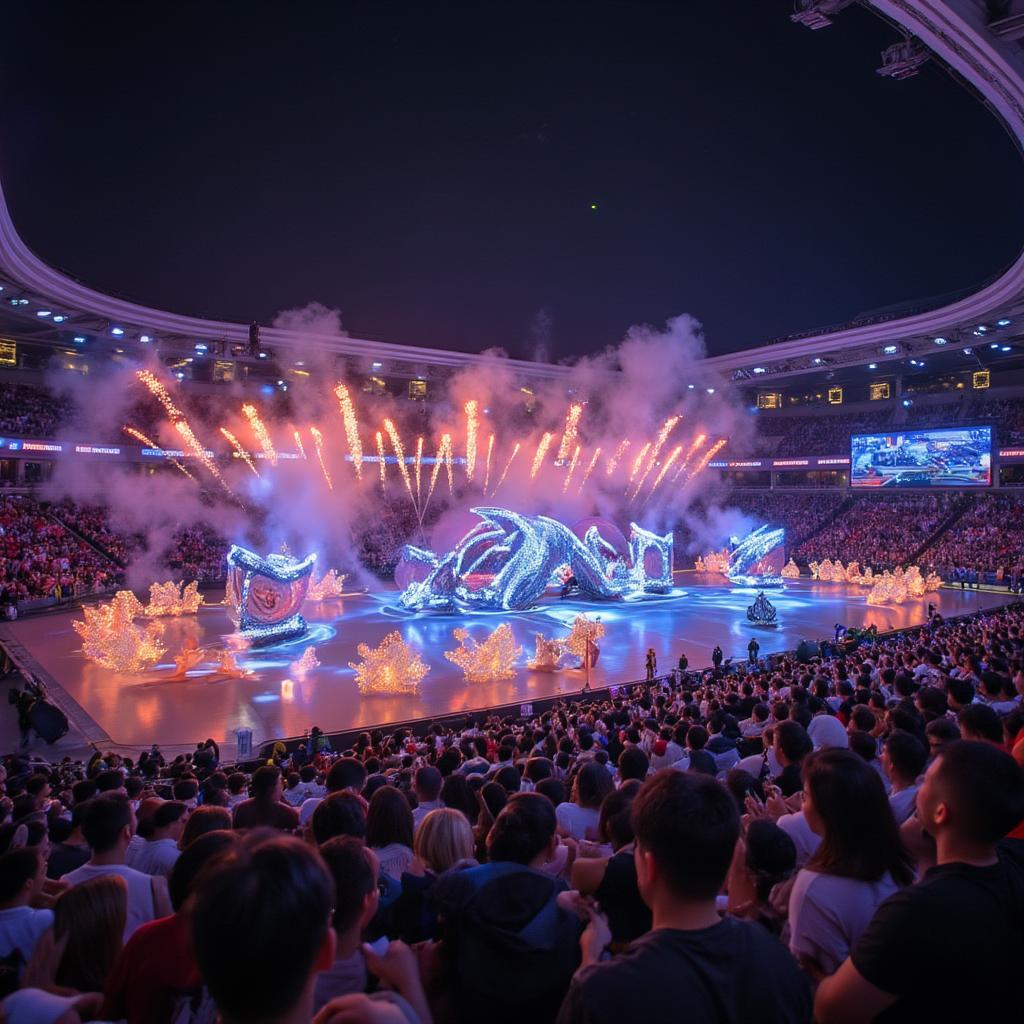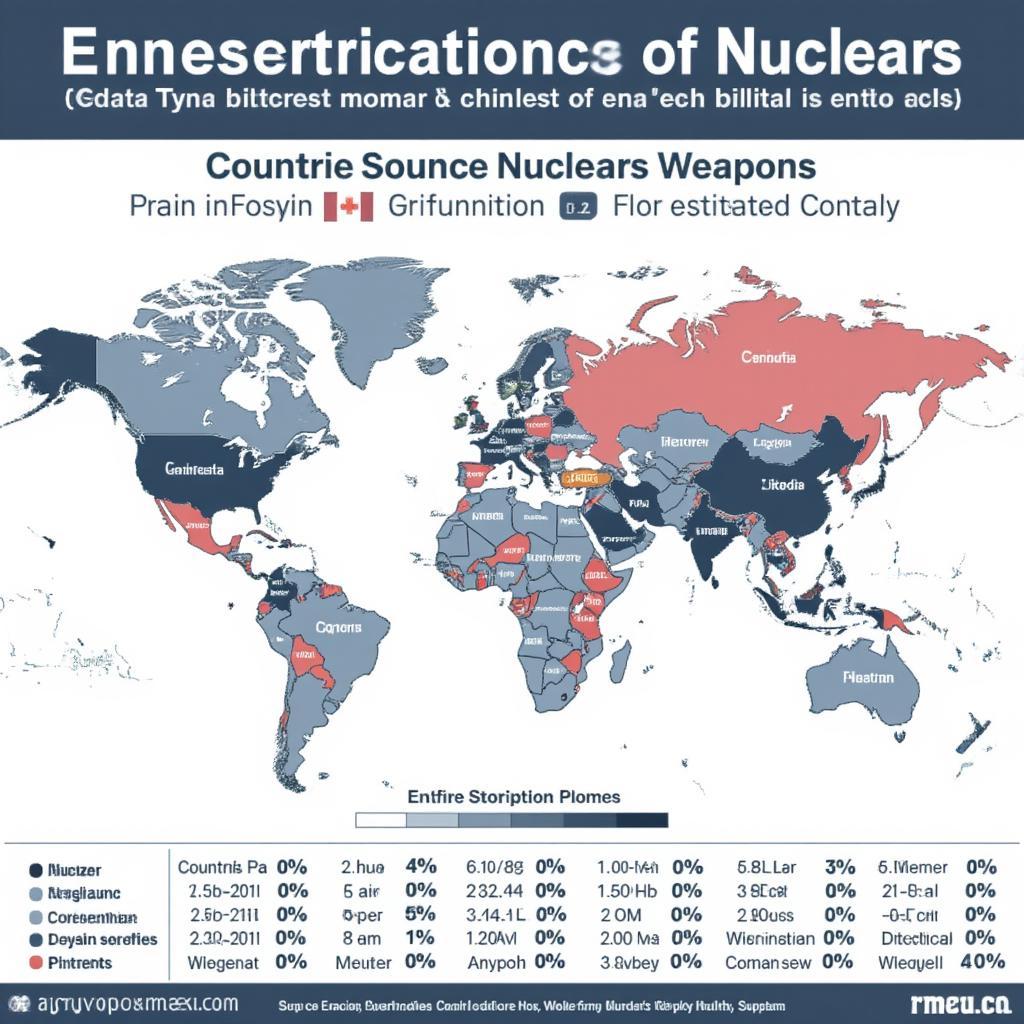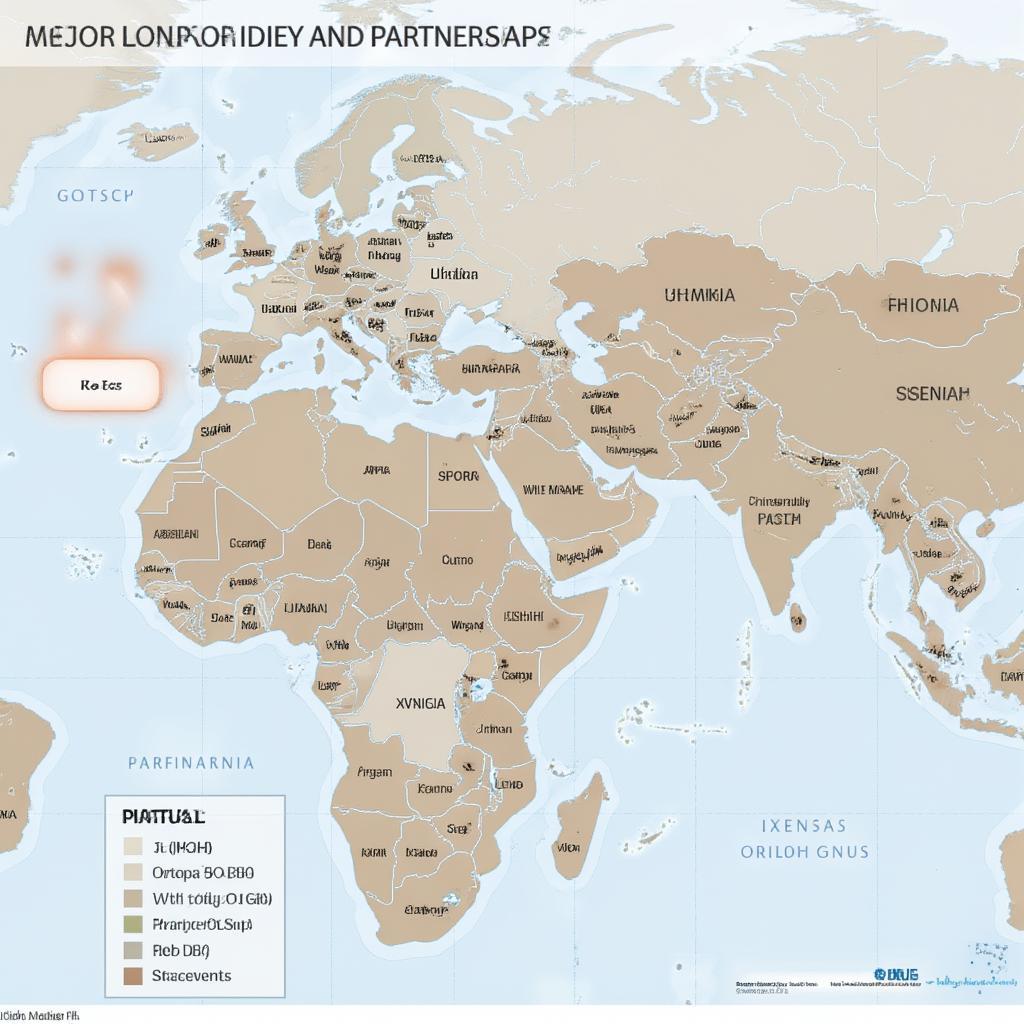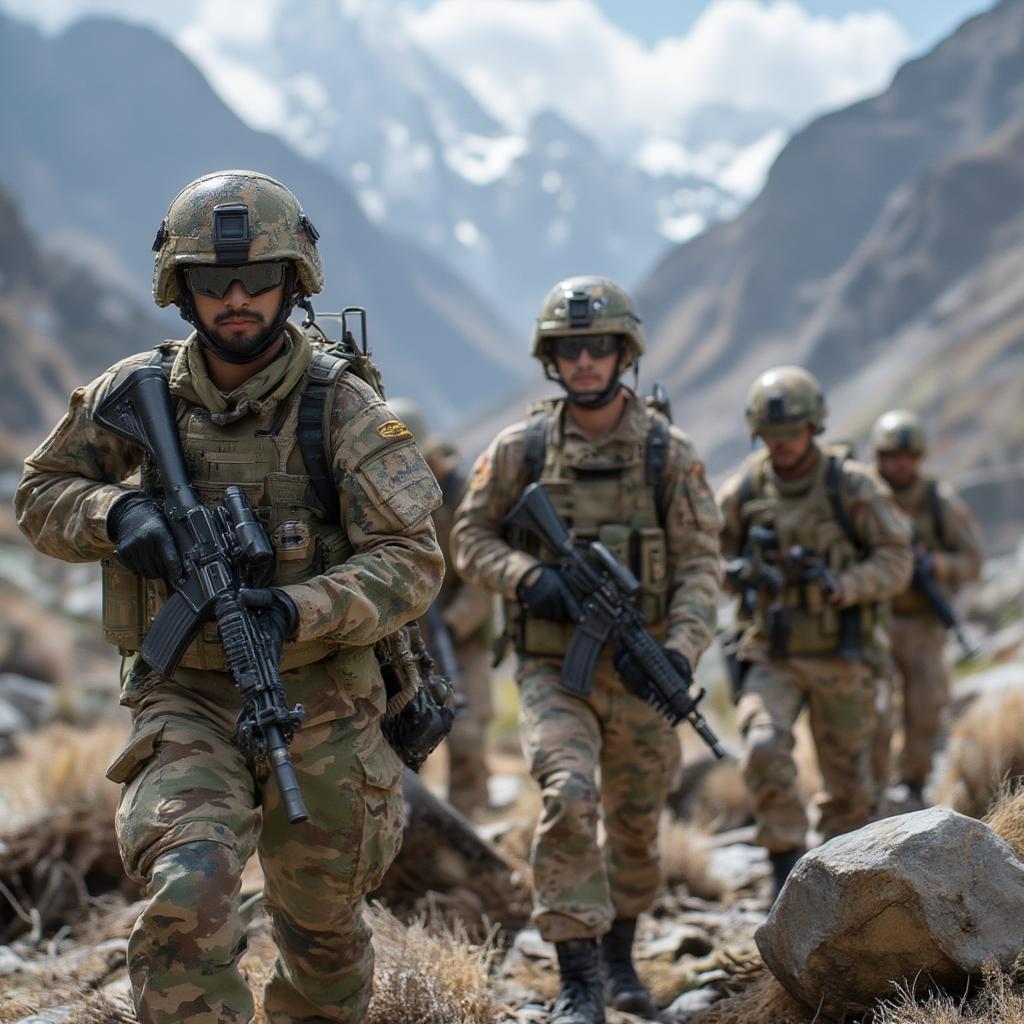Understanding the CISM Army: A Comprehensive Guide
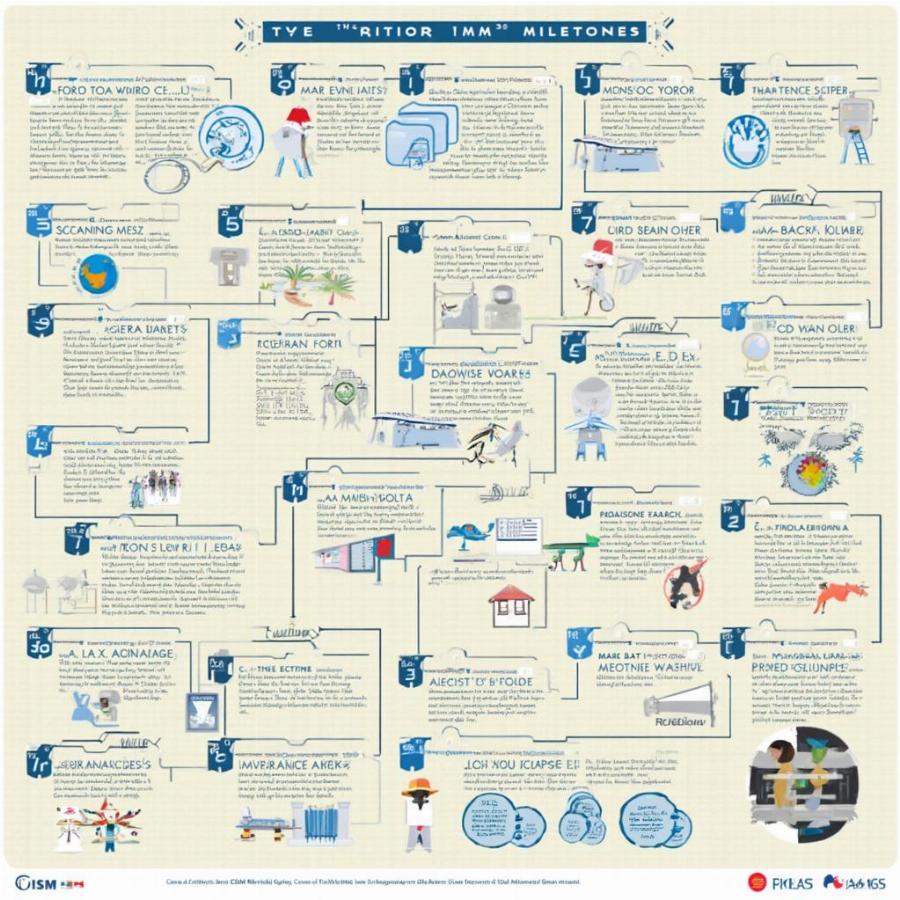
The Cism Army, often misunderstood, plays a vital role in the landscape of international military sports. This article dives deep into the history, structure, and significance of the Conseil International du Sport Militaire (CISM), providing a comprehensive overview for anyone interested in this unique organization.
CISM, also known as the International Military Sports Council, fosters camaraderie and promotes peace through sports. It’s not an actual “army” in the traditional sense, but rather a global organization connecting armed forces worldwide through friendly competition. Founded in 1948, after two World Wars highlighted the need for international cooperation and understanding, CISM utilizes sports as a powerful tool for diplomacy and peace-building.
Exploring the History and Mission of CISM
CISM’s history is deeply rooted in the aftermath of global conflict. Its founders envisioned a world where military personnel from different nations could interact positively, fostering mutual respect and reducing international tensions. The organization’s motto, “Friendship through Sport,” encapsulates this core principle. From its humble beginnings, CISM has grown to encompass over 140 member countries, organizing diverse sporting events and promoting fair play on a global scale.

The core mission of CISM is to contribute to world peace by uniting armed forces through sports. By providing a platform for military athletes to compete in a spirit of friendship and fair play, CISM helps to bridge cultural divides and foster understanding between nations. It also promotes physical fitness and well-being within the armed forces, recognizing the importance of these qualities for military personnel.
The Structure and Organization of CISM
CISM is a highly structured organization with a complex hierarchy. It’s governed by a General Assembly, which consists of representatives from all member countries. The General Assembly elects a President and a Board of Directors, responsible for overseeing the organization’s operations and strategic direction. Several specialized commissions and committees handle specific aspects of CISM’s work, ranging from sports organization to anti-doping efforts.
CISM also collaborates with international sports federations and other relevant organizations to ensure its activities align with global sporting standards and best practices. This collaborative approach helps CISM maintain its credibility and effectiveness in the international sports community.
CISM Games and Sporting Events
The CISM World Games, held every four years, are the flagship event of the organization. These games showcase a wide range of sports, from traditional Olympic disciplines like athletics and swimming to military-specific competitions like naval pentathlon and parachuting. The World Games provide a unique opportunity for military athletes to compete at the highest level, representing their countries and armed forces.
In addition to the World Games, CISM organizes numerous regional and continental championships, as well as world championships in specific sports. These events provide further opportunities for military athletes to compete and interact, strengthening international ties and promoting the values of CISM. Similar to cism military games, these events offer a platform for cultural exchange and camaraderie. They offer a wide range of sports, catering to the diverse interests and talents of military personnel worldwide.
The Importance of CISM in the 21st Century
In an increasingly complex and interconnected world, the role of CISM is more important than ever. By promoting peace and understanding through sports, CISM contributes to a more stable and secure global environment. Its activities help to build trust and cooperation between armed forces, reducing the risk of conflict and fostering mutual respect. CISM also serves as a valuable platform for cultural exchange, allowing military personnel from different backgrounds to learn from each other and appreciate their shared humanity.
“The power of sport to transcend political and cultural divides is undeniable,” says Dr. Maria Sanchez, a prominent expert in international relations. “CISM harnesses this power to build bridges between nations, fostering a spirit of cooperation and understanding that is essential for global peace and security.” Another expert, General James Thompson, adds, “CISM is not just about winning medals; it’s about building relationships and creating a world where military forces can work together towards common goals.”
Conclusion
The CISM army, although not a literal army, plays a critical role in promoting peace and understanding through the universal language of sports. It provides a unique platform for military athletes from around the world to connect, compete, and build lasting relationships. CISM’s commitment to friendship, fair play, and international cooperation makes it a valuable asset in the pursuit of a more peaceful and secure world. By understanding the structure, mission, and impact of CISM, we can appreciate its significant contribution to global diplomacy and the power of sport to unite nations. CISM continues to grow and evolve, adapting to the changing global landscape and remaining steadfast in its commitment to peace through sport.

